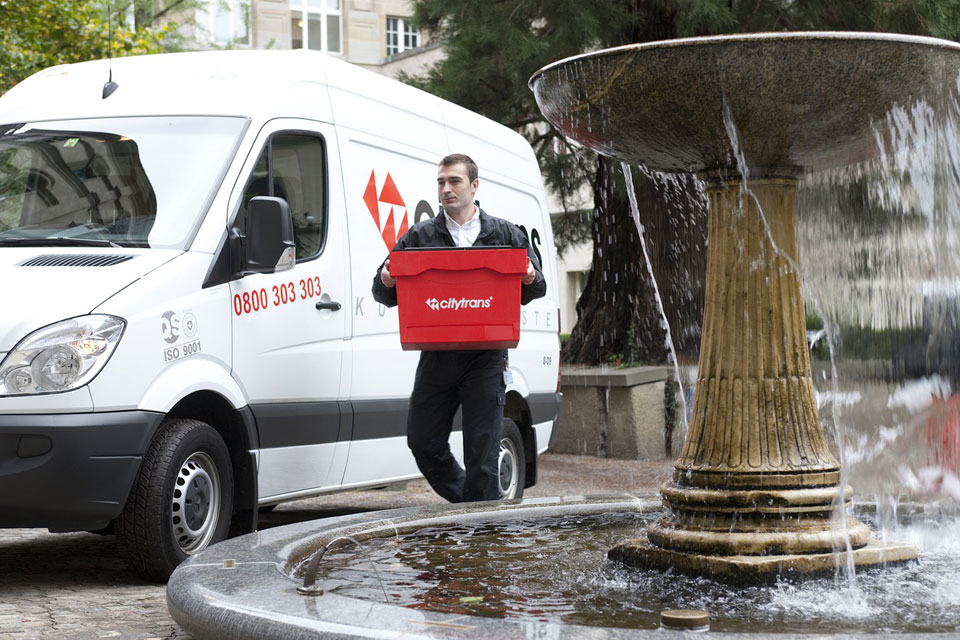In the fast-moving landscape of retail, order fulfilment has undergone substantial transformation, especially in the UK, where the market demands efficiency and consumer-centric services. As part of Order Fulfilment Month here in Supply Chain Briefing we examine key trends in order fulfilment and the implications for the UK’s retail supply chain…
One prominent trend is the adoption of omnichannel strategies. Retailers are integrating their online and offline channels to provide a seamless shopping experience. Consumers expect to purchase online and pick up in-store (BOPIS), or vice versa, with real-time stock visibility. This requires a highly responsive and interconnected supply chain infrastructure. For example, John Lewis & Partners has invested heavily in its omnichannel capabilities, allowing for greater flexibility in how consumers receive their products.
Another significant development is the rise of automation and robotics in warehouses and distribution centers. Automated picking systems, robots, and drones expedite the order fulfilment process, enhancing accuracy and efficiency. The online grocery retailer, Ocado, is at the forefront, operating some of the world’s most advanced automated warehouses. These technologies not only quicken the fulfilment cycle but also mitigate the impact of labor shortages and increase scalability during peak times.
Sustainability in fulfilment operations has also come to the forefront. Consumers increasingly favour businesses that demonstrate a commitment to the environment. As a result, retailers are adopting green logistics, using electric vehicles for last-mile delivery, and optimising routes to reduce carbon emissions. For instance, ASDA’s trial of electric cargo bikes for home deliveries in London showcases an effort to combine efficiency with ecological consciousness.
The “ship from store” model is a trend gaining traction. Retailers are using their local stores as fulfilment centers to meet the demand for rapid delivery. This leverages existing retail space and proximity to customers, reducing delivery times and costs. Marks & Spencer has been utilising this approach, turning stores into mini distribution hubs to speed up deliveries and click-and-collect services.
In addition, advanced data analytics plays a crucial role in understanding consumer patterns, predicting demand, and managing inventory. Retailers are employing predictive analytics to forecast trends and optimise stock levels, thereby reducing overstocking or stockouts. Boots, for instance, has invested in advanced data tools to improve stock management and meet customer demand more precisely.
Lastly, the emergence of flexible fulfilment services, like the gig economy-based delivery models, provides additional elasticity to the supply chain. Retailers can scale delivery resources up or down according to demand without a fixed overhead. This agility is exemplified by Argos partnering with delivery service, Shutl, to offer rapid delivery windows, sometimes within hours.
These trends in order fulfilment demonstrate a dynamic shift towards integration, automation, sustainability, and flexibility in the UK’s retail supply chain. By embracing these trends, retailers are not only enhancing efficiency and customer satisfaction but also future-proofing their supply chains against the fast-changing retail landscape. This progression towards a more resilient and consumer-responsive supply chain is setting a new standard in retail fulfilment that others are likely to follow.
Are you searching for Order Fulfilment partners for your business? The Total Supply Chain Summit can help!
Photo by Claudio Schwarz on Unsplash







